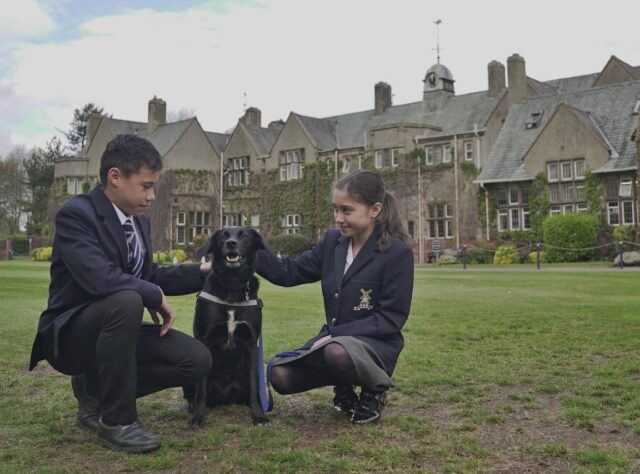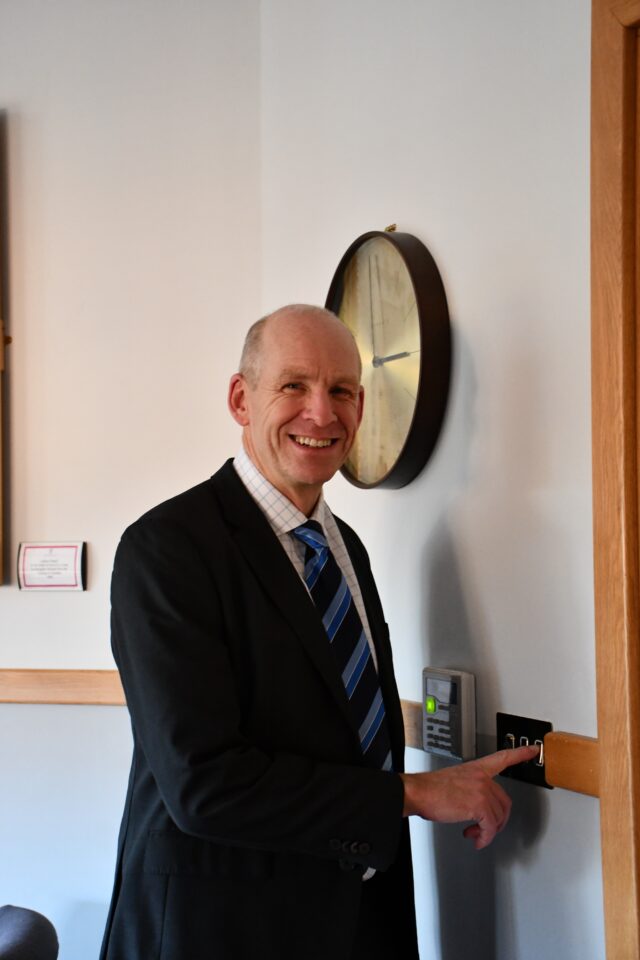Case Study
UCS Green Impact Society Leading The Way
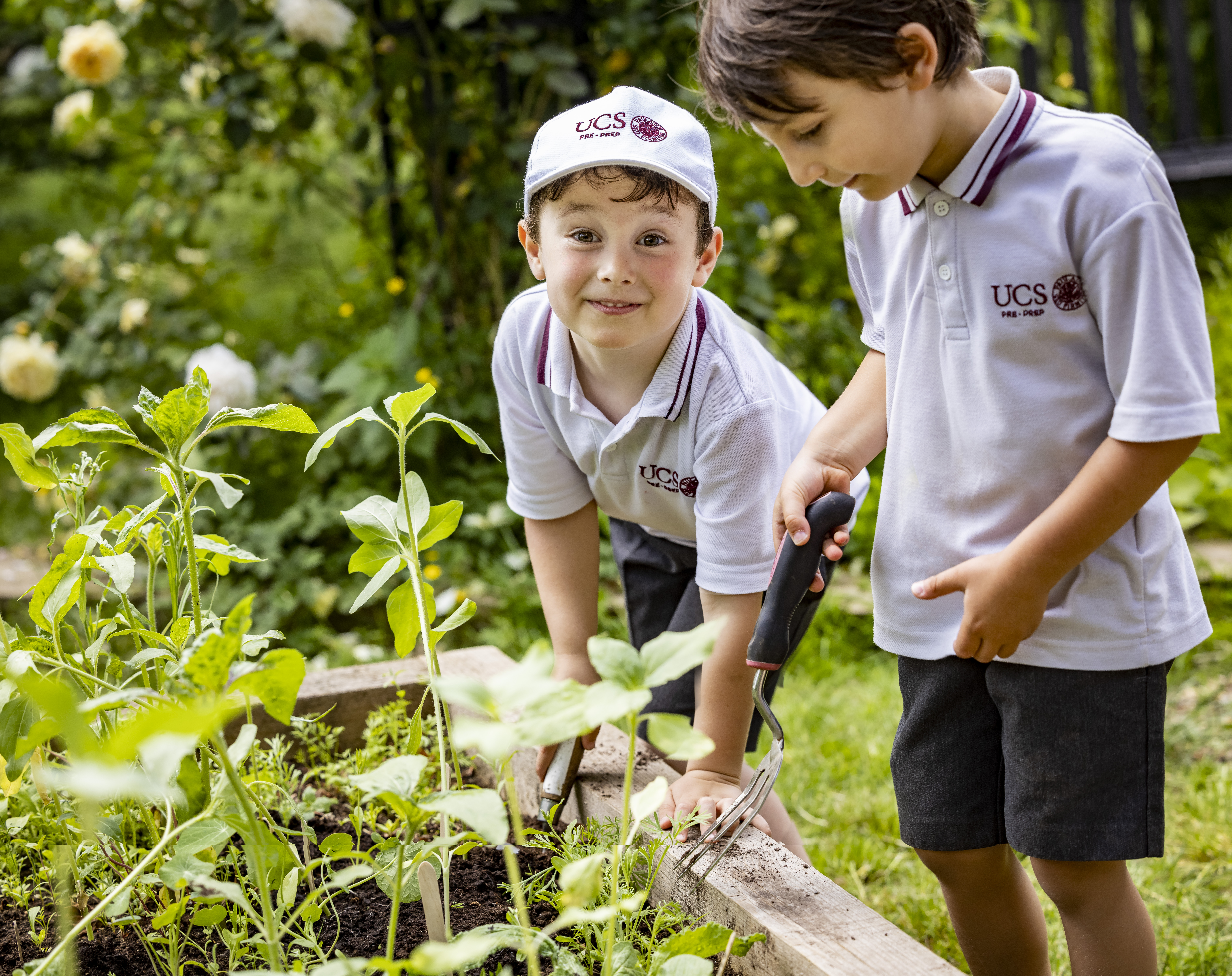
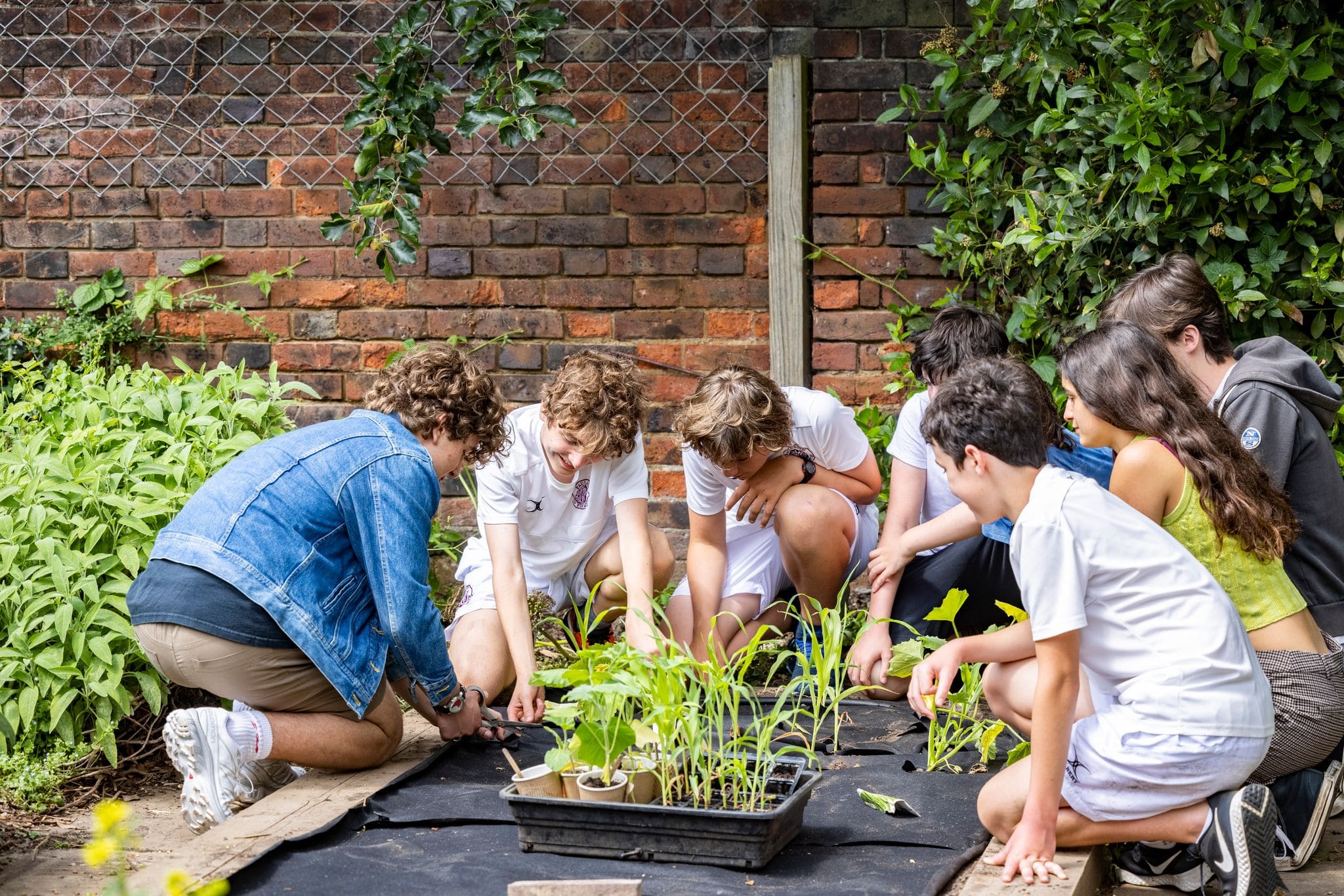 UCS continues to lead in sustainability education and is at the cutting-edge of pupil provision through the development of the Foundation’s ‘Green Impact’ society. Through this pupil-led movement and the wider Foundation’s work, the school has aimed to demonstrate what can be done within the education sector and achieved triple-gold recognition in the UN Climate Neutral Now initiative (the first UK school to do so) in April 2022. This was the culmination of three years of carbon audits, reducing emissions by over 10% and offsetting additional emissions produced by the school. The hard work, led significantly by pupils, has placed the school at the vanguard of pupil engagement in sustainability and environmental action.
UCS continues to lead in sustainability education and is at the cutting-edge of pupil provision through the development of the Foundation’s ‘Green Impact’ society. Through this pupil-led movement and the wider Foundation’s work, the school has aimed to demonstrate what can be done within the education sector and achieved triple-gold recognition in the UN Climate Neutral Now initiative (the first UK school to do so) in April 2022. This was the culmination of three years of carbon audits, reducing emissions by over 10% and offsetting additional emissions produced by the school. The hard work, led significantly by pupils, has placed the school at the vanguard of pupil engagement in sustainability and environmental action.
With the COP27 Summit being at the forefront of many people’s minds, Green Impact organised for Old Gower (UCS alumnus), Archie Young, the UK’s Lead Climate Negotiator to deliver an inspiring talk to pupils from across the school on his experiences leading the COP26 summit and some of the challenges in climate diplomacy. He drew upon his experiences at the school, which instantly helped the pupils to be able to relate to his journey towards becoming a fundamental figure in our country’s international presence. This latest event demonstrated how important it is to get pupils talking about international diplomacy along with climate justice, as countries come together to deliberate on the latest update of international climate policy. The society will be closely following the COP27 Summit and will be discussing how the pledges made on an international stage map out at local level.
One Sixth Former commented: “It was great to receive an insight into the negotiations that occur and the complications that arise from getting people with contrasting backgrounds to unanimously agree on solutions to solve a global problem. This is usually achieved through a combination of resilience and determination.”
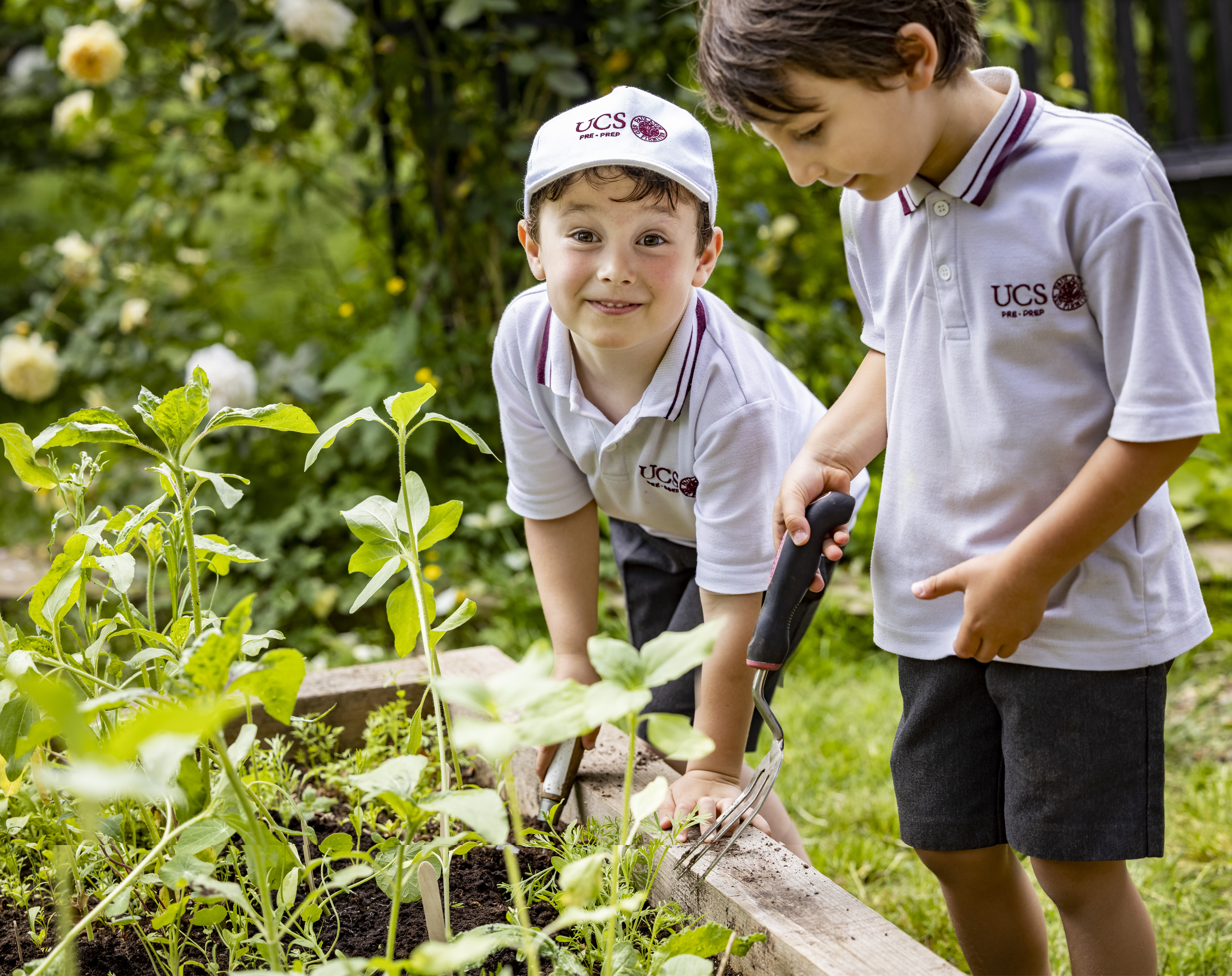 The climate crisis will be one of the defining issues of the coming decades and UCS has ensured that pupils are engaged in action and through equipping them with data so that they can measure the effectiveness of specific strategies. For example, pupils have monitored the school’s energy usage, recycling percentages and air quality, providing them with greater agency and ability to lead the continuous improvement of the school’s environmental footprint.
The climate crisis will be one of the defining issues of the coming decades and UCS has ensured that pupils are engaged in action and through equipping them with data so that they can measure the effectiveness of specific strategies. For example, pupils have monitored the school’s energy usage, recycling percentages and air quality, providing them with greater agency and ability to lead the continuous improvement of the school’s environmental footprint.
The latest Green Impact project, which coincides with COP27, involves a competition across all three of the Foundation’s schools to see which can reduce their energy consumption the most through behavioural changes. Behavioural changes, although less glamorous, have the greatest impact on an organisation’s carbon footprint and through pupil-led campaigns like ‘Switch-off Fortnight’ they continue to raise the profile of sustainability around the school and encourage a ‘possibilist’ mentality which is so important when pupils are faced with issues surrounding the climate crisis.
Another key area that the society is focusing on is how to encourage rewilding and biodiversity across the Foundation’s footprint. The UCS Junior Branch, for example, has just completed a major rewilding project, putting in ponds and native species. And it is worth reiterating that this and all of our sustainability and environmental initiatives will assume that little bit of extra energy and urgency against the backdrop of COP27.
Written by James Firth, Foundation Environmental Impact Coordinator
Related articles
-
Blogs
Taking Eco Action -
Case Studies
Sustainability at St Helen’s -
Case Studies
Protest has turned to action at Putney High School -
Case Studies
Changing the environment - A school in transition
